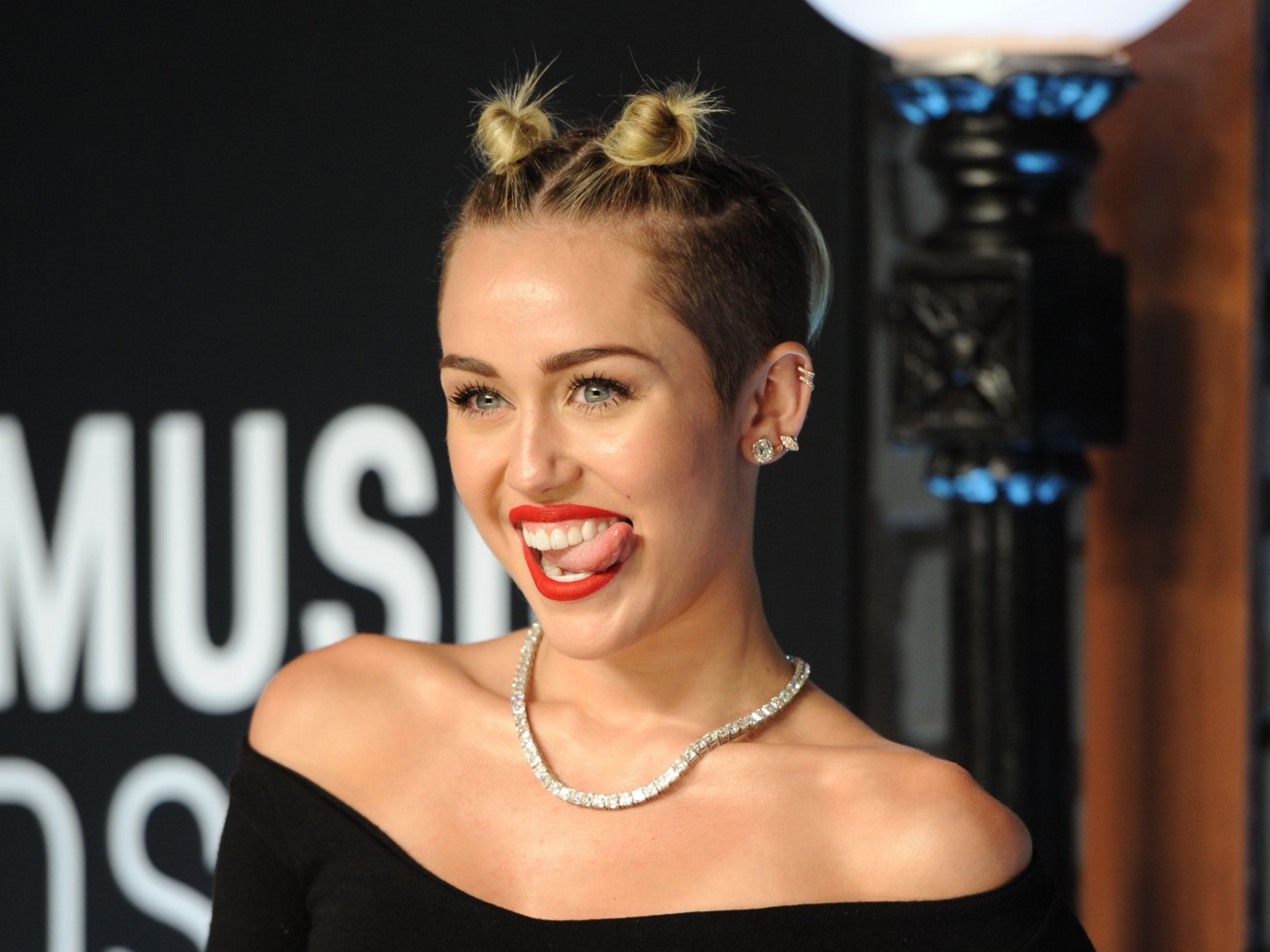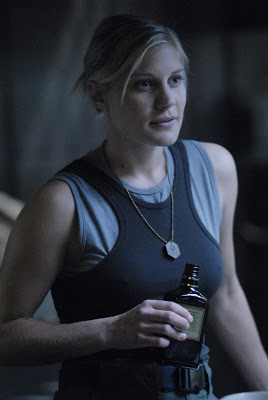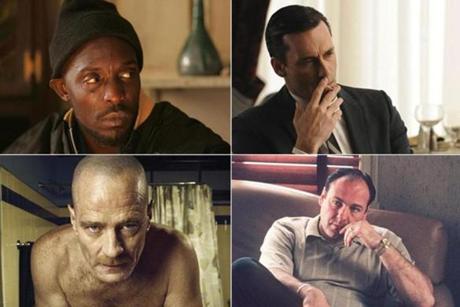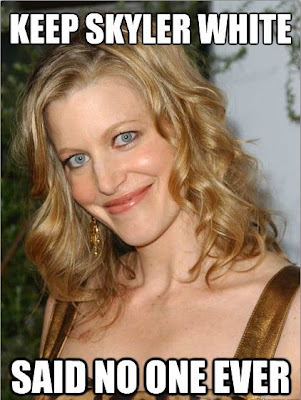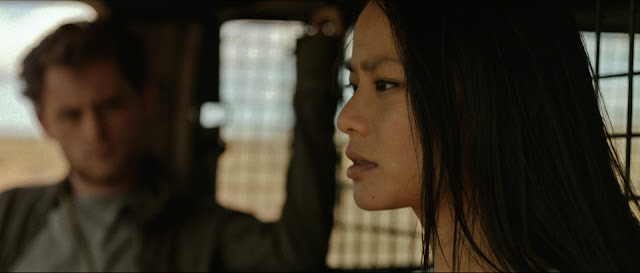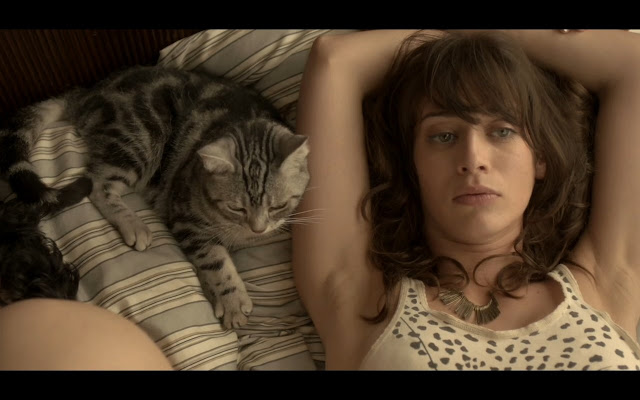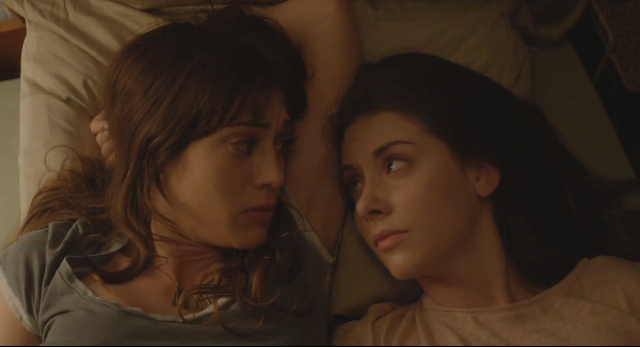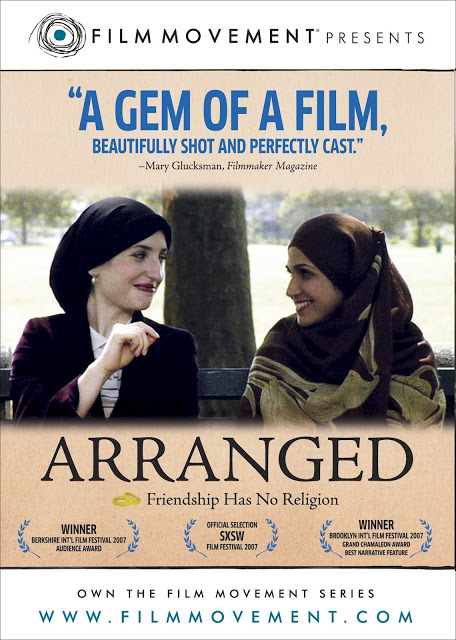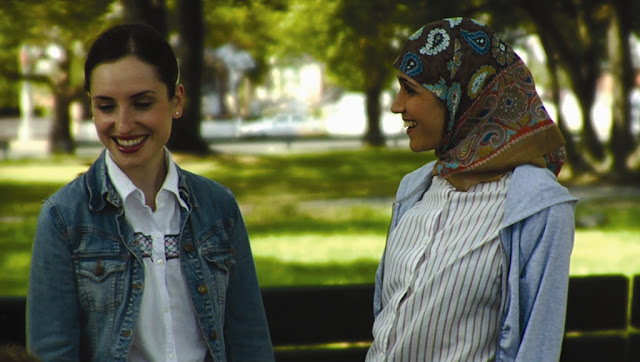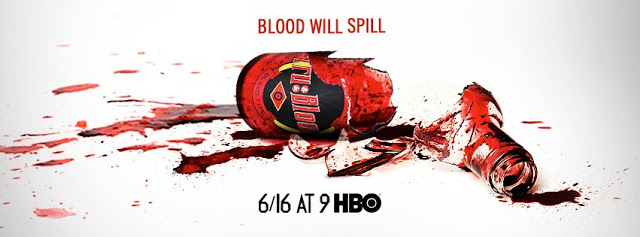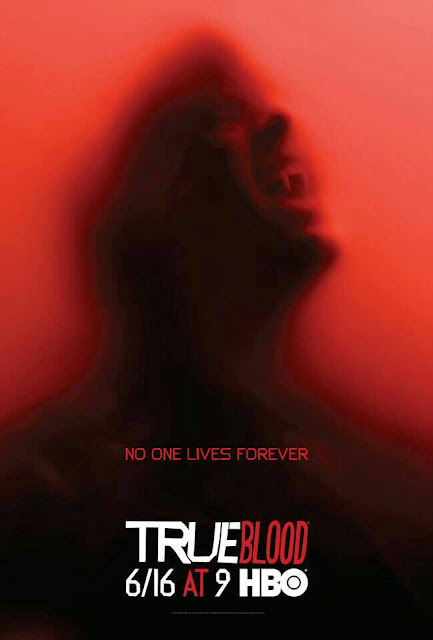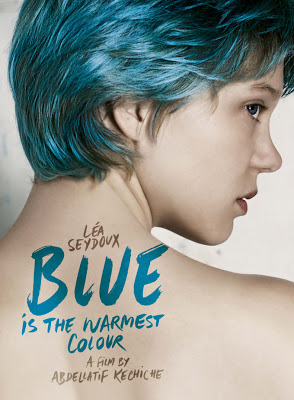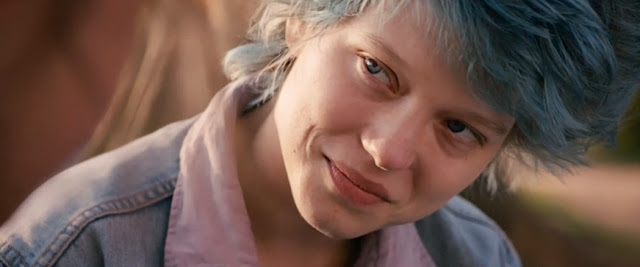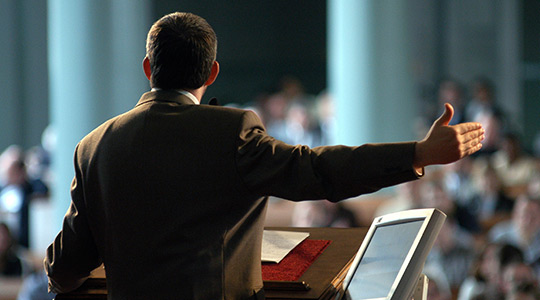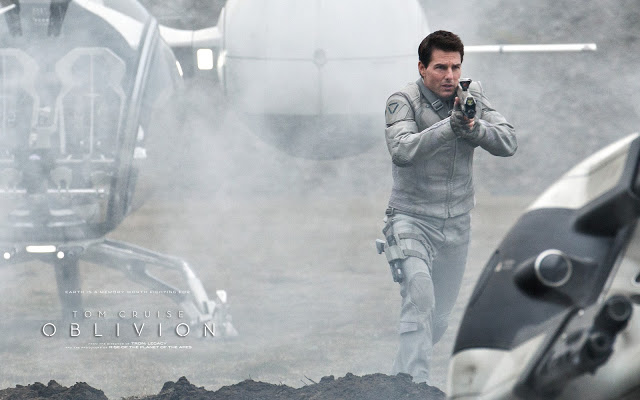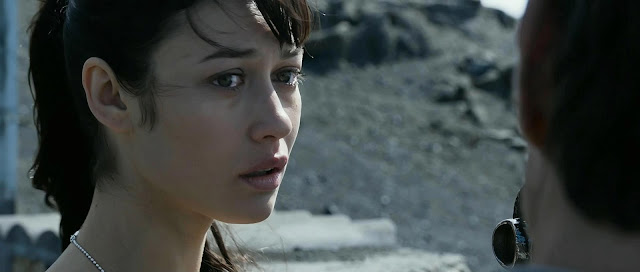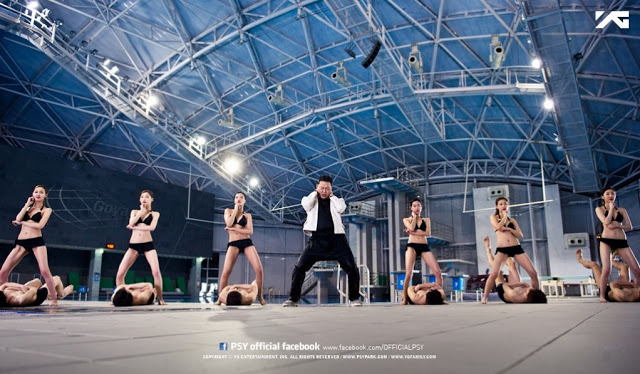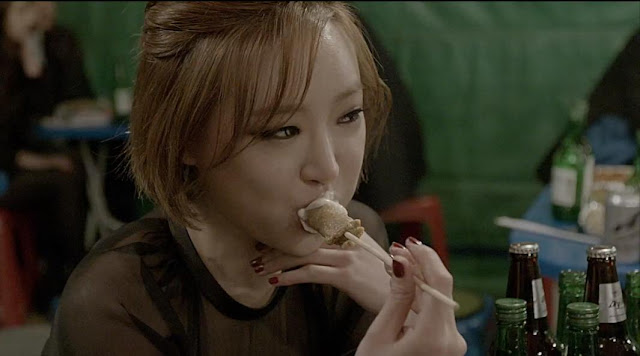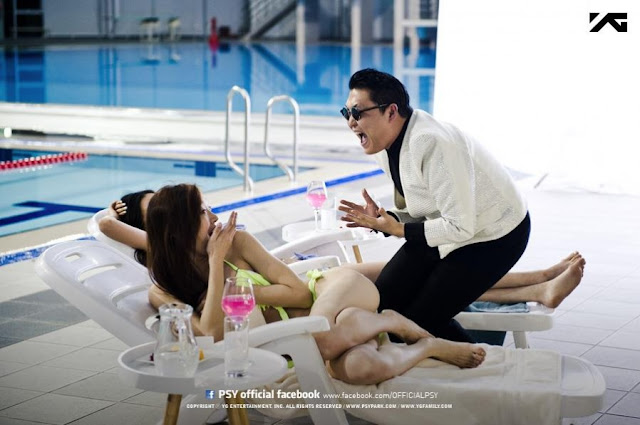Written By Rachel Redfern

Over the weekend you might have noticed the Sinead O’Connor and Miley Cyrus kerfuffle that happened on the internet. The whole thing started when Miley Cyrus states that the Irish singer was one of her idols; a little while later, O’Connor posted this public letter to Cyrus, “advising” her; though really, her advice sounded a lot like condescending, passive-aggressive slut-shaming. So Cyrus then acted out an immature and hurtful scene on twitter by referencing O’Connor’s personal struggle with mental and emotional health. Sinead then descended to the 20-year-old pop star’s level and posted an irate tirade on facebook, cussing out the young singer and just plain-old aggressively calling her a “prostitute.”
The whole thing is horrible and ridiculous and both have acted badly and today, I’m not here to defend or support either of them.
But what I do want to talk about is the conversation that has swirled around young Cyrus ever since the ill-fated twerking incident at the VMA’s, and her subsequent music video of her naked on a wrecking ball. Everyone has slut-shamed Miley Cyrus. They’ve wagged their fingers at her dance moves, her tongue, her hair-cut, her entire demeanor, her (unsurprising) change from Disney star to adult, her drug-use, and the fact that she’s just “not a role model for young girls.”
Because apparently America thinks, as it has for the past, I dunno, forever, that female sexuality is “icky.”
News flash: she’s a POP SINGER. Like Madonna, Cyndi Lauper, Britney Spears, Christina Aquilera, Nicki Minaj, Rihanna, Lady Gaga, and virtually EVER OTHER FEMALE POP STAR OF THE PAST 40 YEARS.
And of course the real issue here isn’t that each of these women has had a bout with a dirty dance move and a lot of flesh showing on camera, but rather, that they dared to do it and not feel ashamed. That they dared to do it and own it as a part of who they were, a part of their own sexuality. Because this is what people are really scared of, they’re scared of women’s sexuality just like they always have been. If Miley takes her clothes off and grinds on a wrecking ball in front of their little girl, then someday, their little girl, or little girlfriend, or little wife, might do they same.
You know what world. They are. And some are going to like it.
But I know what you’re thinking, “How dare they like it?!” “There will be no liking of sex!” “Good girls don’t like sex.”
Scary thing about all this? Sometimes, BOYS DO IT TOO! Only nobody really cares if boys do it because they’re uncontrollable sex maniacs anyways, amiright?
And the big thing is, pop singers have been doing this for a long time, to generate controversy, get attention, and sell albums.
Welcome to showbiz, baby.
And you know what, someday, maybe Miley Cyrus will look back on all this and regret it. But maybe she won’t. Maybe she’ll be a sex-icon like Madonna for the rest of her life and make millions of dollars and be perfectly happy.
Now, I applaud O’Connor for pointing out the insidious nature of much of the music business executives and the way that they are using the female stars in their contracts. However, it’s possible that Cyrus, who literally grew up in the music industry, is also a market-savvy pop princess entirely aware of the best way to keep herself current and in demand: controversy.
And since she’s embraced her rebel idol status with a rockin’ hair cut and intense tongue use, part of that is expressing an overt, in-your-face sexuality with stunning confidence.
For some reason, America (and much of the world), fears that deep V between a women’s legs and the fact that we like having access to it. For some reason, it’s incomprehensible that some women might enjoy taking off her clothes and feeling the thrill of voyeurism. Some women, just like some men, love excess and attention and the body is a powerful way to get those things
As media reviewers who pay a lot of attention to female interaction with the media, we often complain the inappropriate sexual exploitation of women, specifically when that happens with the goal of a directed male gaze. For example, these stupid superhero posters with ridiculously designed uber-feminine poses.

But female sexuality that aggressively maintains control over what it wants and how it chooses to be presented? Well, I can get behind that because it’s her choice.
We also complain when that sexuality is lacking in substance and obviously operating off of a limiting standard of female beauty. As an image think of Megax Fox straddling a motorcycle in booty shorts for no other reason than Michael Bay wanted her to.

But super spiky bleach blond hair whilst wearing tennis shoes and a bear-studded leotard? Sure, whatever.
Amanda Palmer, that brilliant musician and feminist extraordinaire, once got fully nude at a concert FILLED with people in a fierce reclaiming of her own body after a snarky post by the Daily Mail. Nudity and sexiness won that day. She’s also written her own letter to Cyrus and its awesome.
Lady Gaga, (Funny feminist Caitlin Moran once wrote in stellar praise of the pop singer), who I’ve seen more times without clothes than I have with, is considered an eccentric purveyor of the avant-garde and hyper-camp. And while she’s occasionally controversial, no one is writing her open letters demanding that she put some clothes back and stop gyrating.
It’s because of age. As always, Miley’s coming out into the realm of the adult, from a coveted child star’s position, means that she must always be sweet and funny and America’s girl-next-door.
But here’s the thing, she is America’s girl next door. At least some of them. She’s experimenting and projecting herself, just do it in a far more public one than your average 21-year-old. And making a lot more money.

So America, get over yourself and your Victorian, false-nostalgia ideas about what a women’s libido is really like. Cause you’re babbling and my vagina and I have better things to with our time.
